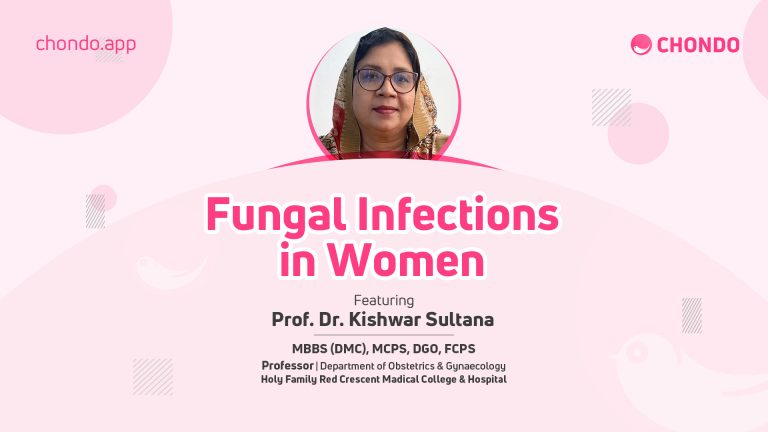Post-delivery Period & Menstrual Cycle
Did you know that during the nine months of pregnancy women don’t menstruate?
The fertilized egg grows in the uterus and develops into a baby. Since the uterus isn’t shedding, there is no period.
So, what happens after pregnancy? When do you start your period again?
When will I get period after Delivery?
This depends on different factors. The biggest one is breastfeeding and its frequency.
For those who aren’t breastfeeding your newborn, you will get your postpartum period or first period after birth after 6-8 weeks. During this time, you might release lochia or white to pinkish discharge.
If you breastfeed exclusively, meaning only feed your child breastmilk, there’s a chance you won’t get your period during the entire period.
Why does this happen? Your body releases prolactin to produce breast milk. This hormone obstructs other reproductive hormones meaning there will be no ovulation or egg release. If there’s no egg, then there will be no period.
It’s not uncommon for some women who exclusively breastfeed, to get their period after a few months.
what will happen to my body after the first post-delivery period?
After you get your first post-delivery period, you will produce less breastmilk than before. There might be a shift in taste but it’s not a stark difference. No need to worry as it will not impact your breastfeeding capabilities.
Because exclusive breastfeeding after birth stops ovulation for time being, some women take advantage of it as birth control. Even though there’s a significantly less chance of conceiving, there’s no guarantee that you won’t become pregnant.
If you get your period, breastfeeding no longer works as birth control. Since you will ovulate before you start menstruating, there’s a chance to conceive during that small window. So, it’s better not to talk a gamble.
There are options for post-delivery contraceptives, such as condoms, copper IUD (non-hormonal), and more. Use non-hormonal options while you’re breastfeeding. For hormonal contraceptives, progesterone exclusive pills are a good option.
A suggestion for women who had a vaginal birth: use pads only for the first few post-delivery periods to avoid trauma to your lady parts.
You might get more painful cramps, heavier flow, painful periods, and pass more blood clots than usual. Most women have a heavier postpartum period because of the uterine lining shedding after so long. Thyroid issues can lead to heavier post-delivery periods.
However, those who have endometriosis will experience a lighter period. If you get much lighter periods without having endometriosis, it can indicate other syndromes like Asherman (uterus tissue scarring) or Sheehan (pituitary gland damage).
Remember that your body went through massive changes during pregnancy and birth. Your period will be different too. It will take time for your body to get used to menstruation again. It’s normal to have lighter or heavier periods than before. Your menstrual cycle routine needs adjustment time.
Download Chondo App
Track your period and get notified.
Download
Beta








